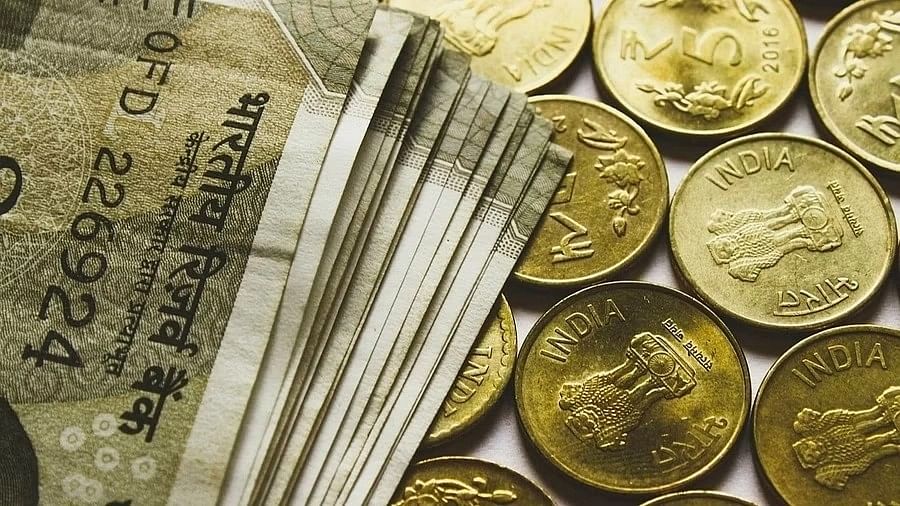
Representative image Indian rupees.
Credit: Pixabay Photo
New Delhi: The central government’s fiscal deficit is likely to breach the target of 5.9 per cent in the financial year 2023-24 (FY24) due to higher expenditure on rural job guarantee scheme NREGA and major subsidies, and lower than budgeted nominal gross domestic product (GDP), India Ratings said on Tuesday.
Fiscal deficit, or the shortfall in the government’s revenues compared with its spending, is likely to jump to 6 per cent of GDP, which is 10 basis points higher than the budgetary estimate, the ratings agency said. However, it will still be lower than 6.4 per cent recorded in 2022-23.
“Higher-than-budgeted revenue expenditure triggered through the first and likely second supplementary demand for grants in combination with lower-than-budgeted nominal GDP will push the fiscal deficit to 6 per cent of GDP,” India Ratings and Research said in a note.
Budgetary allocation for Mahatma Gandhi National Rural Employment Guarantee Scheme (MGNREGA) for the current financial year stood at Rs 60,000 crore. However, over Rs 79,770 crore was spent on the scheme till December 19 of the current financial year.
With more than three months still to go, the actual spending on MGNREGA is set to be substantially higher than the budgetary estimate. An additional sum of Rs 14,520 crore has been allocated for the scheme through the first supplementary demand for grants. This amount is likely to be increased further.
Similarly, the budgeted amount of Rs 44,000 crore for nutrient-based fertiliser subsidy was almost surpassed in the first seven months of the current fiscal. In the first supplementary demand for grants, the allocation was increased to Rs 57,360 crore.